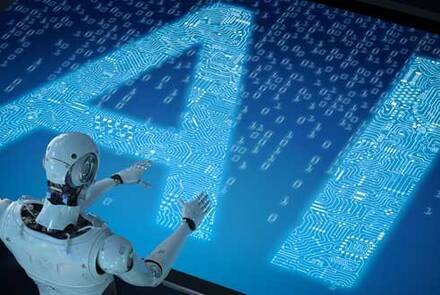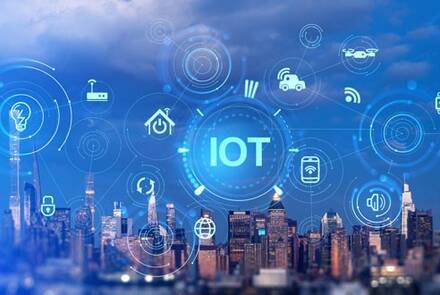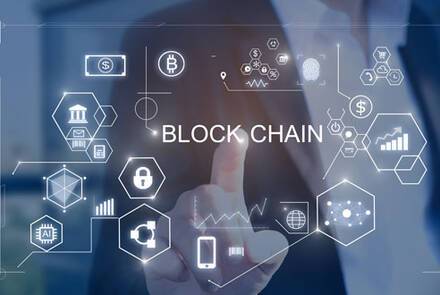How IoT is Revolutionizing Water Resource Management in Smart Cities
Water is a finite resource facing increasing challenges due to rapid urbanization and climate change. In the quest for sustainable urban living, Internet of Things (IoT) technologies are emerging as powerful tools to monitor and manage water resources efficiently. This blog post explores how IoT is reshaping the landscape of water resource management in Smart Cities, reducing wastage, and ensuring a clean and sustainable water supply.
- Smart Metering: Transforming Water Consumption Tracking
Traditional water metering systems often lack real-time insights and are prone to human error. IoT-driven smart water meters are changing the game by providing accurate and instantaneous data on water consumption. These smart meters use sensors to monitor usage patterns, detect leaks, and transmit data in real-time. This information empowers both water utilities and consumers to make informed decisions, preventing wastage and promoting efficient water use. - Leak Detection and Early Intervention
Water leaks can lead to substantial losses and contribute to water scarcity. IoT technologies enable the deployment of smart sensors in water pipelines to detect leaks promptly. These sensors can identify abnormal flow patterns and alert authorities in real-time, allowing for swift intervention. By addressing leaks promptly, urban areas can reduce water losses, conserve resources, and maintain the integrity of their water supply systems. - Smart Irrigation Systems: Precision in Agriculture
In urban areas where agriculture meets technology, smart irrigation systems powered by IoT are making waves. These systems use data from weather forecasts, soil moisture sensors, and plant health monitors to optimize irrigation schedules. By precisely delivering water where and when it's needed, these systems promote water efficiency in urban agriculture, reducing water wastage and contributing to sustainable food production. - Water Quality Monitoring: Ensuring Purity
Ensuring the quality of water is as crucial as managing its quantity. IoT devices equipped with water quality sensors monitor parameters such as pH levels, contaminants, and bacterial presence in real-time. This continuous monitoring allows authorities to detect and address water quality issues promptly, ensuring a clean and safe water supply for urban residents. - Flood Monitoring and Management
IoT technologies play a vital role in mitigating the impact of floods, which can lead to water contamination and infrastructure damage. Smart flood monitoring systems use sensors to gauge water levels, rainfall, and river flow. When these parameters exceed predefined thresholds, alerts are generated, enabling timely evacuation and emergency response. The data collected also contributes to better urban planning to prevent future flood-related issues.
Challenges and Opportunities
While the integration of IoT in water resource management brings significant benefits, challenges such as data security, interoperability, and the cost of implementing these technologies must be considered. Collaboration between technology providers, governments, and water utilities is crucial to addressing these challenges. Moreover, the evolving landscape presents opportunities for innovation, research, and the development of scalable solutions that can be adapted to the diverse needs of different urban environments (See also: How AI is Being Used in Smart Cities and IoT).
As Smart Cities continue to grow, the need for efficient and sustainable water resource management becomes paramount. IoT technologies are not just tools; they are the architects of a future where water is managed intelligently, wastage is minimized, and access to clean water is ensured for all. In this era of connected solutions, the vision is clear: a flowing future where urban water resources are managed with precision, care, and the seamless integration of technology, contributing to a sustainable, resilient, and water-wise urban environment.
For more information about Trigyn’s Smart City & IoT Solutions, Contact Us.






